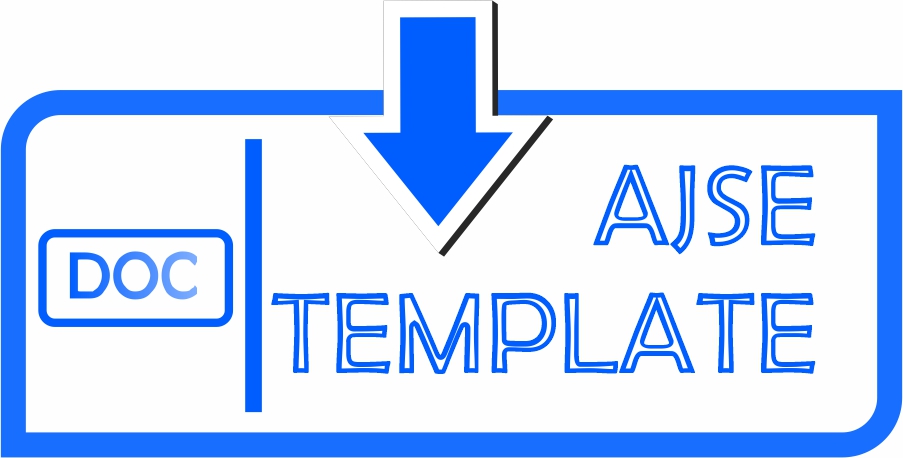SIMULATION MODEL DEVELOPMENT FOR FIRE WATER PIPING NETWORK WITH NEWTON-RAPHSON ITERATION
Ari Ariangga Orranius Putra Patarru(1*), Joko Waluyo(2), Nur Aini Masruroh(3)
(1) Universitas Gadjah Mada
(2) Universitas Gadjah Mada
(3) Universitas Gadjah Mada
(*) Corresponding Author
Abstract
The oil and gas industry is an industry that possesses various risks. The most significant risk in this sector is fire. To support the oil and gas production activities, it is necessary to install permanent and non-permanent fire extinguishers to prevent and deal with fire accidents. The firewater network system has a role in supplying flow rates with a certain pressure to protect the production process in a fire. The flow rate and pressure must be able to preserve the process area. Therefore the performance of firewater network system must be monitored. Over time, the performance degradation of the firewater network system is unavoidable. This decrease is due to scaling or leak minor at pipe and the decreasing performance of the diesel fire pump.
This research aims to create a model of simulation fire water network system using newton-raphson iteration. The simulation model that is formed will be used to vary the flow rate against pressure. Based on iteration show the flow rate at platform 4 is 198.9 m3/h. The discharge variation is carried out to see the pressure on platform 4, the variation of the discharge of 2,000 m3/h gives a pressure of 150.45 psig, the variation of the discharge of 1,500 m3/h gives a pressure of 130.85 psig, and the variation of the discharge of 500 m3/h gives a pressure of 24.26 psig. The results of the discharge variation are used to see the performance of the fire water network system. Performance with a discharge of 2,000 m3/h decreased by 9.74%, and performance with a discharge of 1,000 m3/h decreased by 8.81%.
Keywords
Full Text:
PDFReferences
Bakari, H., Adegoke, T., and Yahya, A. (2016, August). Application of Newton - Raphson Method to Non-Linear Models. International Journal of Mathematics and Statistics Studies, IV, 21-31.
Chapra, S. C., and Canale, R. P. (2010). Numerical Method for Engineers sixth edition. New York: McGraw-Hill.
Fadilah, N. (2018). Perencanaan Sistem Fire Hydrant Sebagai Tindak Darurat Kebakaran Pada Bangunan Gedung (Studi Kasus Bangunan Gedung Kampus Universitas Jember). Jember : Universitas Jember.
Fernando, D.M.R. (2020). Analisis Kinerja Turbin Gas Berbasis Metode Iterasi Newton-Raphson. Yogyakarta. Universitas Gadjah Mada.
Khakim, A. (2015). Pengembangan Simulasi Analisa Daya Pada Sistem Distribusi Aktif 3 Fasa Metode Newton Raphson Untuk Menurunkan Kerugian Daya Jaringan. Surabaya : Institut Teknologi Sepuluh Nopember.
Kurniawan, N.E. (2010). Pencegahan dan Pengendalian Terhadap Bahaya Kebakaran Pada Kilang Di Pusdiklan Migas Cepu. Surakarta : Universitas Sebelas Maret.
Laksana, A.T. (2012). Model Simulasi Jaringan Perpipaan Gas Dengan Metode Newton Raphson (Studi Kasus Perancangan Jalur Perpipaan Pertamina Gas Jalur Semarang-Gresik). Yogyakarta : Universitas Gadjah Mada.
National Fire Protection Association. (2000). Standard for the Installation of Standpipe, Private Hydrant, and Hose. America.
Stoecker, W. F. (1989). Design of Thermal Systems third edition. Singapore: McGraw-Hili Book Co.
Waluyo, J. (2012). Fluid Mechanic (Lecture Dictates). Yogyakarta : Department of Mechanical and Industrial of Engineering University of Gadjah Mada.
Article Metrics
Refbacks
- There are currently no refbacks.
Copyright (c) 2021 ASEAN Journal of Systems Engineering

This work is licensed under a Creative Commons Attribution-ShareAlike 4.0 International License.
Universitas Gadjah Mada


